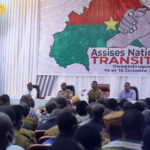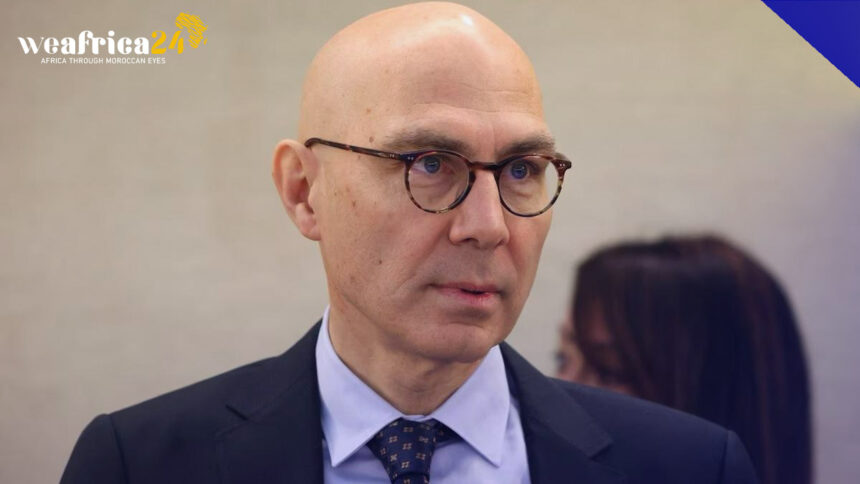Western nations, including the United Kingdom, the United States, and several other allied countries, have strongly denounced the flagrant abuses perpetrated by Sudan’s warring factions. Urging the United Nations Human Rights Council to augment its oversight of the conflict, these nations voiced their concerns during a critical emergency meeting of the council held on Thursday. Emphasizing the imperative nature of the situation, they underscored the necessity for enhanced scrutiny and proactive measures.
However, numerous states expressed opposition to any intervention by the council, with Sudan’s ambassador characterizing the conflict as an internal matter and advocating for “African solutions for African problems.”
Since mid-April, clashes between Sudan’s army and rival paramilitary forces have inflicted a devastating toll, resulting in the loss of hundreds of lives and leaving thousands wounded. The conflict has not only disrupted critical aid supplies but has also forced numerous individuals to seek refuge in foreign lands.
UN motion to monitor human rights abuses in Sudan faces uncertain outcome
According to Western diplomats, the upcoming vote on Thursday regarding the motion is expected to be tightly contested. The motion aims to empower the United Nations’ Sudan expert with additional authority to monitor human rights abuses. To ensure broader support, the motion has already undergone revisions, leading to a diluted version. Nevertheless, the outcome of the vote remains uncertain, underscoring the significance and sensitivity of the matter at hand.
An African diplomat revealed that there is pressure from Arab states to oppose the vote, citing concerns that it could potentially jeopardize the ongoing peace talks backed by Saudi Arabia. This perspective highlights the delicate balance and intricate dynamics surrounding the issue, as different regional actors have vested interests in maintaining the progress of peace negotiations.
China expressed criticism towards the meeting, indicating its disapproval, while Pakistan’s envoy expressed concerns that the session “risks further exacerbating” the already precarious situation. Sudan’s ambassador, Hassan Hamid Hassan, openly derided the entire session, casting doubt on its effectiveness or significance. These diverse perspectives illustrate the range of opinions and skepticism surrounding the meeting and its potential impact on the complex dynamics at play in Sudan.







